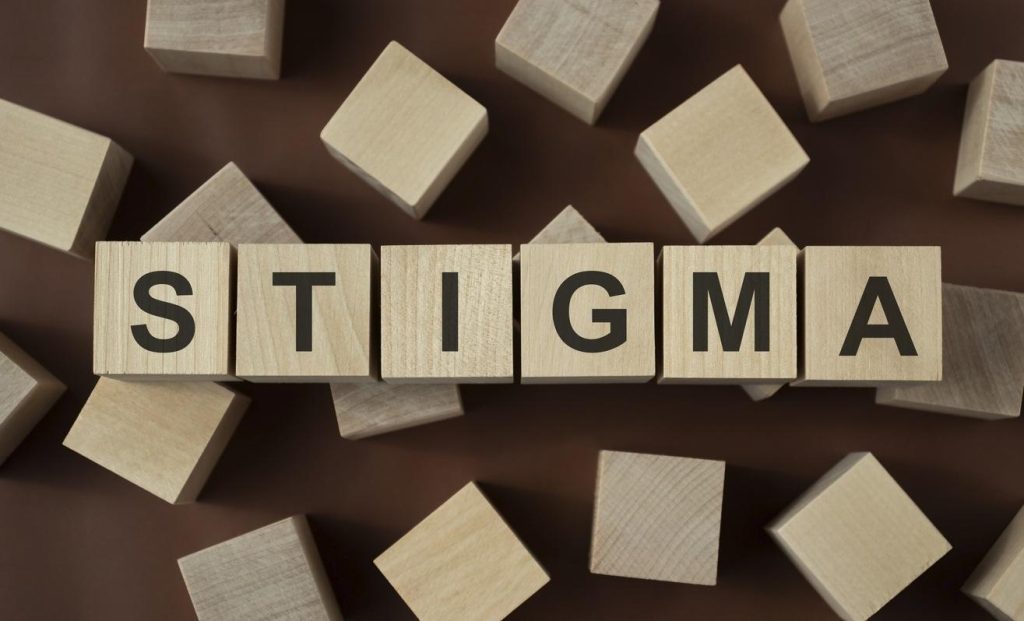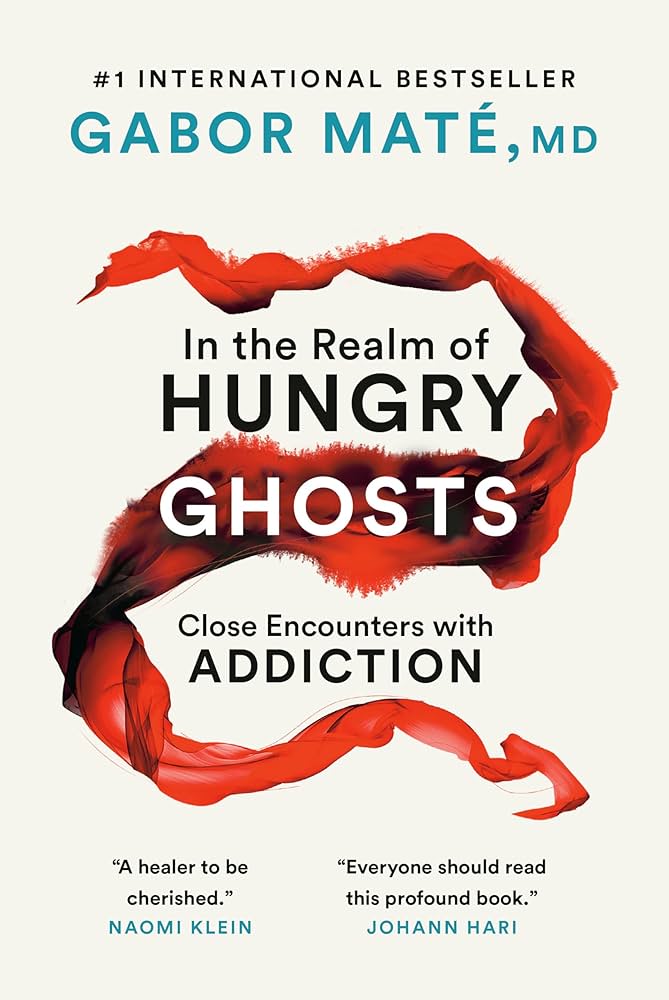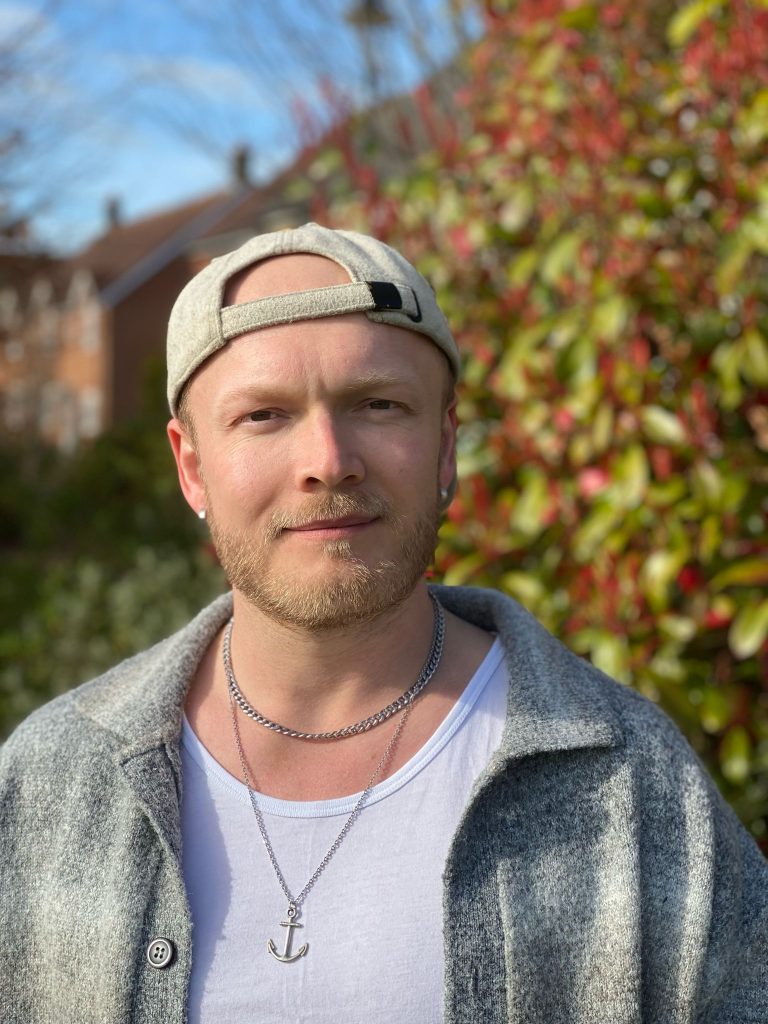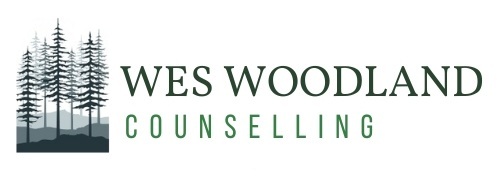
Stigma Around Addiction
Let’s talk about the word ‘addiction’.
It’s a loaded word. Maybe you’ve heard it thrown around in judgement. Maybe you’ve used it to describe other people, but never yourself. Or maybe you’ve avoided it altogether, because it feels too heavy, too final, or too shameful.
The truth is, addiction is deeply misunderstood. It’s commonly perceived as something people have “chosen” to do and they’re often asked why they can’t “just stop.” But it’s not that simple. Addiction comes with powerlessness. After all, if anyone could control their addiction, they wouldn’t be addicted in the first place.
So this post is for anyone who’s struggling, and it’s also for people who aren’t sure.
- You might be questioning your drinking, drug use, or other behaviours.
- You might be wondering if it’s “too much,” or if it’s normal to rely on something to get through the day.
- You might not know where the line is, but something about your relationship with it doesn’t sit right anymore.
If that sounds familiar, you’re in the right place.
I’m not here to label you. I’m here to help you make sense of what you’re going through, and to let you know that you’re not alone. You don’t need to reach crisis point to get support. And you don’t have to carry this in silence.
General Information
If you’re struggling with addiction, you might:
- Downplay what’s happening: “It’s not that bad”
- Use substances or engage in behaviours even when you know they’re harming you
- Feel like you’ve lost control over when or how much you use
- Experience shame, and/or guilt around your habits
- Hide your behaviour from the people who love you
- Use to escape emotional pain, trauma, or boredom
- Notice that you need more of a substance or activity to get the same effect
- Withdraw from loved ones or lie to hide your behaviour
- Feel scared to admit how much it’s affecting you
- Keep making promises to stop, only to find yourself doing it again
- Use addiction to cope with anxiety, depression, or difficult circumstances
- Feel isolated, hopeless, or like you’ve failed yourself or others
- Function well on the outside but feel chaotic or numb on the inside
- Tell yourself you’ll stop tomorrow, or next week, or after the next big event
I want you to know that addiction is not a moral failing. It’s a response to pain. You’re not broken. You’re trying to survive. And healing is possible.
Understanding Addiction
Dr. Gabor Maté defines addiction as:
“Any behaviour that gives you temporary relief, temporary pleasure, but in the long term causes harm, has some negative consequences and you can’t give it up, despite those negative consequences.”
In other words, addiction is about what those substances or behaviours are doing for you. Often, they serve as an escape from emotional overwhelm, disconnection, trauma, or unmet needs; or they can be a way to “enhance” experiences. Consequently, what began as a coping strategy can become something that feels impossible to stop.
You also may experience more than one type of addiction at once, find yourself switching between them, or substituting one for the other (e.g. you’ve finally put the drink down but now you can’t stop looking at porn). This is common.
Additionally, addiction often coexists with mental health struggles like anxiety, depression, or trauma.

More Than ‘Just’ Addiction Counselling
We won’t just focus on what you’re doing—we’ll look at why. Together we can explore how things like childhood experiences, trauma, or cultural messages around success and emotion may have shaped your current patterns.
You’ll be supported in:
- Expanding your emotional resilience
- Developing healthy coping mechanisms
- Reconnecting with your body and inner self
- Rebuilding relationships, trust, and self-worth
- Creating a life that feels meaningful without needing to escape from it
Recovery is not a straight line. It’s a process of coming home to yourself—over and over again.
How I Can Support You
In our work together, we’ll take a non-shaming, trauma-informed approach to understanding your addiction. We’ll explore:
- What your addiction is trying to protect you from
- The emotional or historical roots behind it
- Your window of tolerance: when and how your emotions feel manageable, when they don’t, and how to widen your window
- How to regulate difficult emotions without needing to disconnect from them
- New strategies for navigating triggers, cravings, and setbacks
- How to break the shame and guilt cycle that keeps you stuck
- What recovery means to you—not just abstinence, but healing
You don’t need to hit rock bottom to deserve help. You don’t need to be “cured” to start. You just need to begin.

If you’d like more information about addiction, have a look at this blog post or at my Addiction Page.
Ready to start your recovery? Book yourself in for a free consultation call now.

Leave a Reply